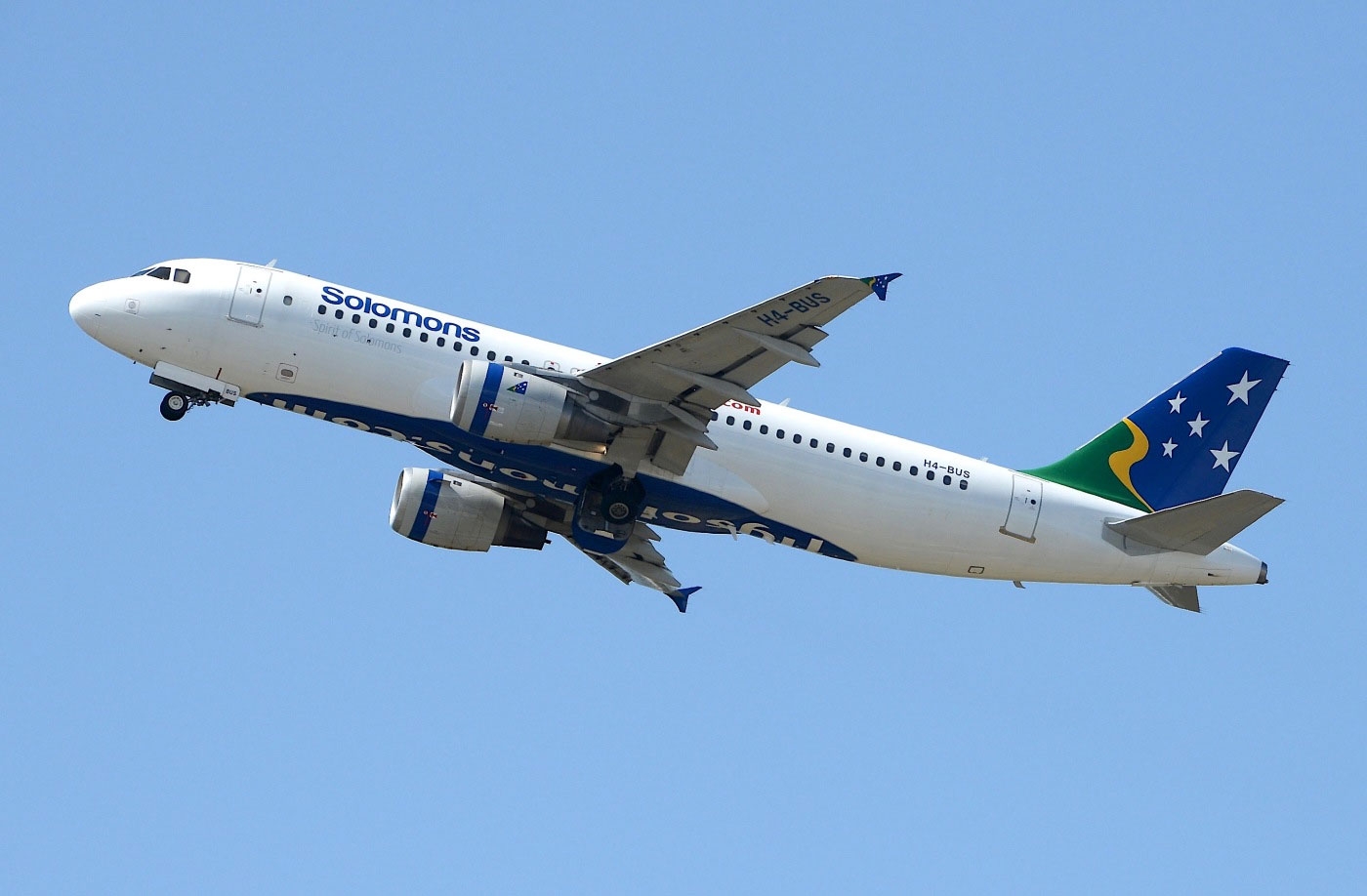The need to survive and keep a national asset afloat is taking a heavy toll on Solomon Airlines.
In an open letter to stakeholders this week, Solomon Airlines CEO Brett Gebers outlined a number of measures the company was taking in order to keep the national flag carrier going but admitted things had become so tough that each day was “now a case of survival”.
“The truth simply is, that with over 60 percent of the company’s revenue vanishing overnight and fixed costs remaining, there is a problem – and the daily reality for Solomon Airlines is now a case of survival, a dire situation which has required some drastic action.
“Regrettably, with operations severely reduced, we ultimately had no choice but to reduce our workforce through retrenchments to match the requirements of what will be a smaller airline for some time to come. We are now operating with a smaller workforce on reduced pay, and some staff are working on a job rotation basis – month on, month off to share available work, and remain ready for an increase in business,” Gebers said.
With no clear sign of borders reopening in the foreseeable future, the airline has had to rely on Government and other partners to remain above water.
“At this juncture, like airlines everywhere, Solomon Airlines has minimal cash reserves, and we are indebted to those we owe money to and are deeply grateful to have very good working relationships with our suppliers and creditors who are working with us to keep us in business. The future is unclear and our survival depends upon Government support and the intermittent revenue we raise as we wait to reopen Solomon Islands borders and begin regular operations again.”
In May, the airline received a cash injection of SBD20million (US$2.48million) in the form of a soft loan and grant from the Solomon Islands government’s SBD309million (US$38.25million) COVID-19 stimulus package.
Gebers stressed the need to preserve the company as a strategic national asset despite the tough market conditions brought on by the coronavirus pandemic.
“For an archipelago nation dependent upon international air access, it is vital to ensure the survival of the national carrier,” he said.
“Solomon Airlines is critical to economic recovery, and to future economic development. We are also an instrument of government, capable of providing essential domestic and international services in times of crisis or emergency.
“Without a national airline, there would be limited control over air access to, from, and within the Solomon Islands. There would be limited control over air travel and cargo pricing and scheduling, no easy medical travel, airmail or express cargo. Without a national airline, there would be a permanent loss of locally-based aviation, tourism, and skilled jobs,” Gerbers added.
The scenario is a far cry from the sure progress made by the company early this year when it welcomed the arrival of its new Airbus A320 in March after months of searching for the right aircraft. Tourist numbers were trending upwards and several years of progress had culminated in a seven percent growth in tourists flown last year, according to Gerbers.
Other milestones included the reopening of Munda Airport as an international gateway to the Western Province in March 2019, the refurbishment of its Twin Otter domestic fleet and modernising its reservations system.
Solomon Airlines was also instrumental in the establishment of the Solomon Islands Tourism Infrastructure Development Fund (SITIDF)—largely funded by the New Zealand government—which provided qualified local tourism operators with interest free loans to develop facilities and upgrade accommodation.
“As we all know business has cycles and we were prepared for a slower rate of growth in 2020 but like all airlines, we did not expect the devastating travel restrictions imposed by Governments and the consequent collapse of the travel industry,” he said, adding that the pandemic had forced the airline to stop all scheduled flights to Australia, Fiji, Vanuatu, and Kiribati.
Revenue however has begun trickling in again with the now weekly A320 cargo flight between Brisbane and Honiara and the limited, strictly controlled repatriation flights for Solomon Islanders overseas wishing to return home.
“We are continuing approved repatriation flights and charters as well as constantly reviewing our current finances and potential future operations,” said Gerber.
“We can still see an exciting, valuable future tourism development for the Solomon Islands and that requires a national carrier. Aviation and Tourism must work hand in hand as we navigate an era that will require further endurance, extra care, gradual restoration, promotion and protection of air services, and travel opportunities to, from, and within the Solomon Islands,” he added.
